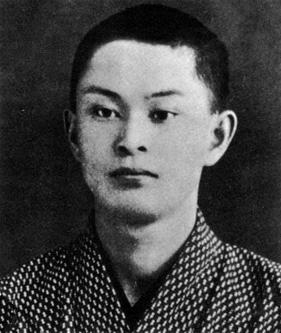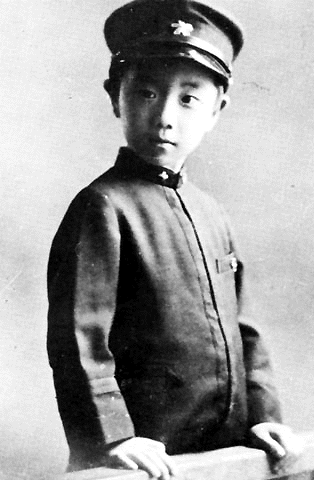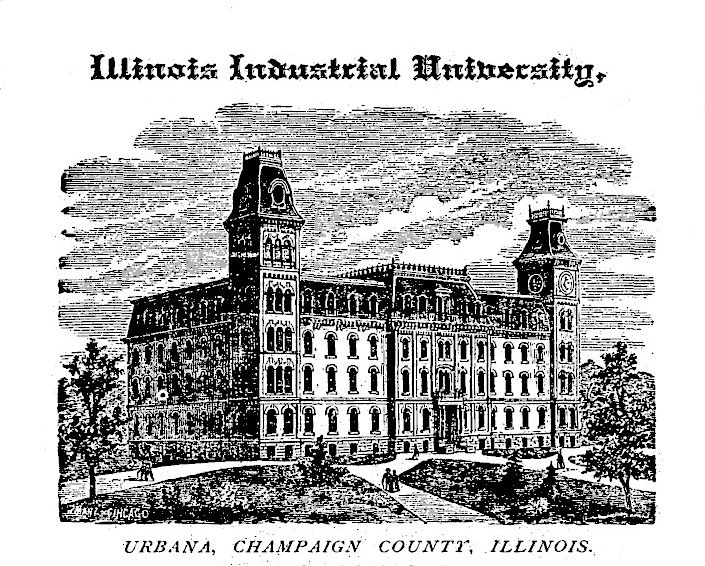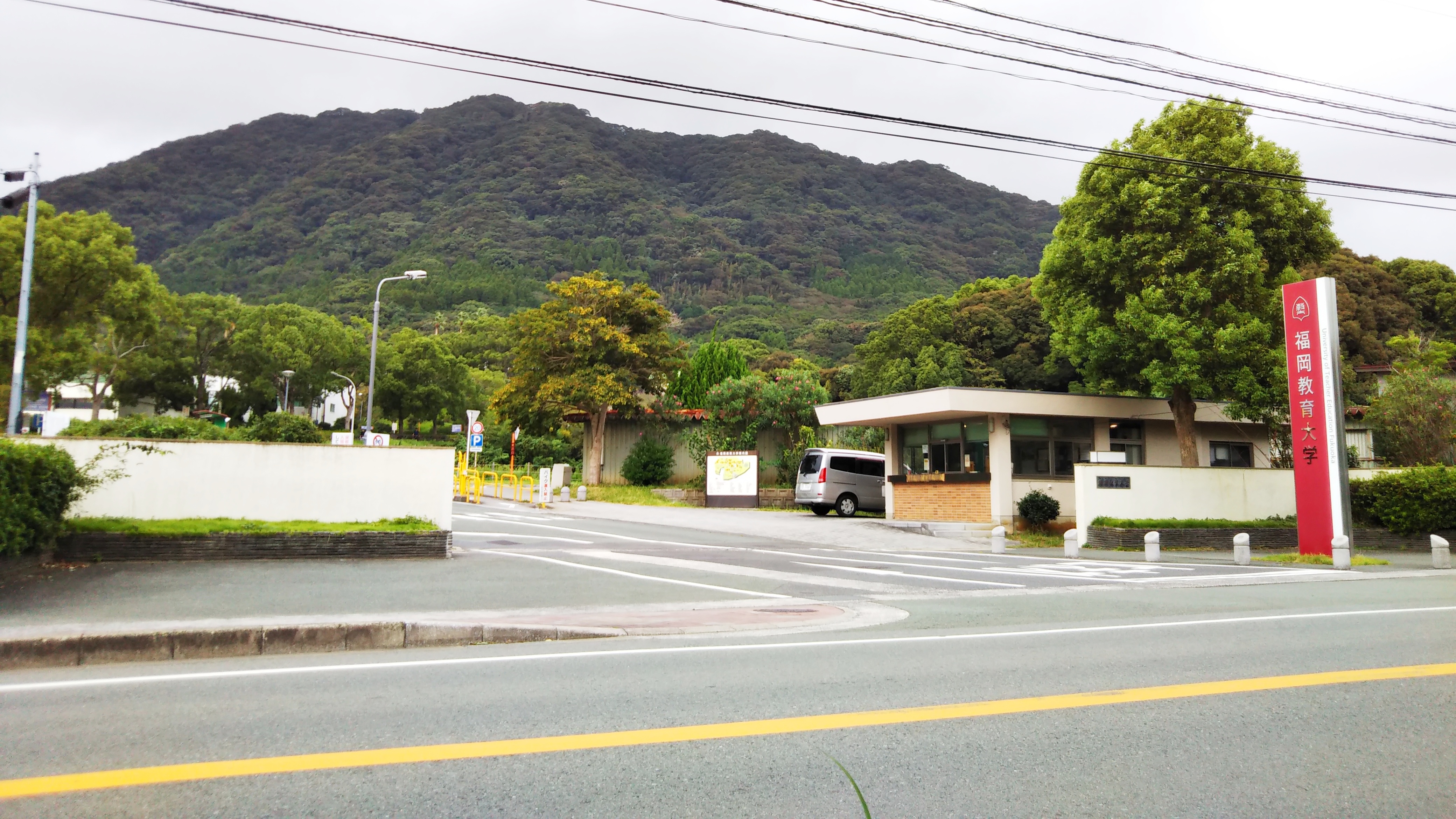|
The Moon In The Water
''The Moon in the Water: Understanding Tanizaki, Kawabata, and Mishima'' is a 1979 non-fiction book by Gwenn Boardman Petersen, published by University of Hawaii Press. It discusses translated works by Junichiro Tanizaki, Yasunari Kawabata, and Yukio Mishima. The work was intended for readers in Western countries who had not studied Japan academically to the degree they were in Japanese studies. It was not to discuss any critical theories.Tsuruta, p. 393. Thomas Cogan of Honolulu, Hawaii referred to the work as "a perceptive and critical guide to" these translations.Cogan. Contents The initial chapter, which discusses Japanese literature in general, is called "contexts". Each subsequent chapter is about each of the three writers, so there are four total chapters. The author compares and contrasts Japanese works to Western ones. The chapters discuss imagery and symbolism.Mulhern, p. 759. Kinya Tsuruta of the University of British Columbia wrote that Peterson wishes to highlight ... [...More Info...] [...Related Items...] OR: [Wikipedia] [Google] [Baidu] |
University Of Hawaii Press
A university () is an institution of higher (or tertiary) education and research which awards academic degrees in several academic disciplines. Universities typically offer both undergraduate and postgraduate programs. In the United States, the designation is reserved for colleges that have a graduate school. The word ''university'' is derived from the Latin ''universitas magistrorum et scholarium'', which roughly means "community of teachers and scholars". The first universities were created in Europe by Catholic Church monks. The University of Bologna (''Università di Bologna''), founded in 1088, is the first university in the sense of: *Being a high degree-awarding institute. *Having independence from the ecclesiastic schools, although conducted by both clergy and non-clergy. *Using the word ''universitas'' (which was coined at its foundation). *Issuing secular and non-secular degrees: grammar, rhetoric, logic, theology, canon law, notarial law.Hunt Janin: "The university i ... [...More Info...] [...Related Items...] OR: [Wikipedia] [Google] [Baidu] |
Yasunari Kawabata
was a Japanese novelist and short story writer whose spare, lyrical, subtly shaded prose works won him the Nobel Prize in Literature in 1968, the first Japanese author to receive the award. His works have enjoyed broad international appeal and are still widely read. Early life Born into a well-established family in Osaka, Japan, Kawabata was orphaned by the time he was four, after which he lived with his grandparents. He had an older sister who was taken in by an aunt, and whom he met only once thereafter, in July 1909, when he was ten. She died when Kawabata was 11. Kawabata's grandmother died in September 1906, when he was seven, and his grandfather in May 1914, when he was fifteen. Having lost all close paternal relatives, Kawabata moved in with his mother's family, the Kurodas. However, in January 1916, he moved into a boarding house near the junior high school (comparable to a modern high school) to which he had formerly commuted by train. After graduating in March 1917 ... [...More Info...] [...Related Items...] OR: [Wikipedia] [Google] [Baidu] |
Yukio Mishima
, born , was a Japanese author, poet, playwright, actor, model, Shintoist, Nationalism, nationalist, and founder of the , an unarmed civilian militia. Mishima is considered one of the most important Japanese authors of the 20th century. He was considered for the Nobel Prize in Literature in 1968, but the award went to his countryman and benefactor Yasunari Kawabata. His works include the novels and , and the autobiographical essay . Mishima's work is characterized by "its luxurious vocabulary and decadent metaphors, its fusion of Japanese literature, traditional Japanese and modern Western literature, Western literary styles, and its obsessive assertions of the unity of beauty, eroticism and death", according to author Andrew Rankin. Mishima's political activities made him a controversial figure, which he remains in modern Japan. From his mid-30s, Mishima's Right-wing politics, right-wing ideology was increasingly revealed. He was proud of the traditional culture and spirit of ... [...More Info...] [...Related Items...] OR: [Wikipedia] [Google] [Baidu] |
Western Countries
The Western world, also known as the West, primarily refers to the various nations and states in the regions of Europe, North America, and Oceania.Western Civilization Our Tradition; James Kurth; accessed 30 August 2011 The Western world is also known as the (from the word ''occidēns'' "setting down, sunset, west") in contrast to the known as the [...More Info...] [...Related Items...] OR: [Wikipedia] [Google] [Baidu] |
Honolulu, Hawaii
Honolulu (; ) is the capital and largest city of the U.S. state of Hawaii, which is in the Pacific Ocean. It is an unincorporated county seat of the consolidated City and County of Honolulu, situated along the southeast coast of the island of Oahu, and is the westernmost and southernmost major U.S. city. Honolulu is Hawaii's main gateway to the world. It is also a major hub for business, finance, hospitality, and military defense in both the state and Oceania. The city is characterized by a mix of various Asian, Western, and Pacific cultures, reflected in its diverse demography, cuisine, and traditions. ''Honolulu'' means "sheltered harbor" or "calm port" in Hawaiian; its old name, ''Kou'', roughly encompasses the area from Nuuanu Avenue to Alakea Street and from Hotel Street to Queen Street, which is the heart of the present downtown district. The city's desirability as a port accounts for its historical growth and importance in the Hawaiian archipelago and the broader Pa ... [...More Info...] [...Related Items...] OR: [Wikipedia] [Google] [Baidu] |
University Of British Columbia
The University of British Columbia (UBC) is a public university, public research university with campuses near Vancouver and in Kelowna, British Columbia. Established in 1908, it is British Columbia's oldest university. The university ranks among the top three universities in Canada. With an annual research budget of $759million, UBC funds over 8,000 projects a year. The Vancouver campus is situated adjacent to the University Endowment Lands located about west of downtown Vancouver. UBC is home to TRIUMF, Canada's national laboratory for Particle physics, particle and nuclear physics, which houses the world's largest cyclotron. In addition to the Peter Wall Institute for Advanced Studies and Stuart Blusson Quantum Matter Institute, UBC and the Max Planck Society collectively established the first Max Planck Institute in North America, specializing in quantum materials. One of the largest research libraries in Canada, the UBC Library system has over 9.9million volumes among it ... [...More Info...] [...Related Items...] OR: [Wikipedia] [Google] [Baidu] |
University Of Illinois
The University of Illinois Urbana-Champaign (U of I, Illinois, University of Illinois, or UIUC) is a public land-grant research university in Illinois in the twin cities of Champaign and Urbana. It is the flagship institution of the University of Illinois system and was founded in 1867. Enrolling over 56,000 undergraduate and graduate students, the University of Illinois is one of the largest public universities by enrollment in the country. The University of Illinois Urbana-Champaign is a member of the Association of American Universities and is classified among "R1: Doctoral Universities – Very high research activity". In fiscal year 2019, research expenditures at Illinois totaled $652 million. The campus library system possesses the second-largest university library in the United States by holdings after Harvard University. The university also hosts the National Center for Supercomputing Applications and is home to the fastest supercomputer on a university campus. The u ... [...More Info...] [...Related Items...] OR: [Wikipedia] [Google] [Baidu] |
Fukuoka University Of Education
(UTEF) is a national university in Munakata, Fukuoka, Japan. The predecessor of the school was founded in 1876, and it was chartered as a university in 1949. The present name was adopted in 1966. Associated primary schools * Fukuoka University of Education Kindergarten * Fukuoka University of Education Fukuoka Elementary School * Fukuoka University of Education Fukuoka Junior High School * Fukuoka University of Education Kurume Elementary School * Fukuoka University of Education Kurume Junior High School * Fukuoka University of Education Kokura Elementary School * Fukuoka University of Education Kokura Junior High School Athletics American Football UTEF has an American football team that competes in the Kyūshū Collegiate American Football Association The Kyūshū Collegiate American Football Association (九州学生アメリカンフットボール連盟) is an American college football league made up of colleges and universities primarily on the island of Kyushu, Jap ... [...More Info...] [...Related Items...] OR: [Wikipedia] [Google] [Baidu] |
Culture Of Japan
The culture of Japan has changed greatly over the millennia, from the country's prehistoric Jōmon period, to its contemporary modern culture, which absorbs influences from Asia and other regions of the world. Historical overview The ancestry of Japanese people remains mysterious; however, there are two competing hypotheses that try to explain the lineage of the Japanese people. The first hypothesis proposes a dual-structure model, in which Japanese populations are descendants of the indigenous Jomon people and later arrivals of people from the East Eurasian continent, known as the Yayoi people. Japan's indigenous culture originates primarily from the Yayoi people who settled in Japan between 1000 BCE and 300 CE. Yayoi culture spread to the main island of Honshū, mixing with the native Jōmon culture. Modern Japanese have an estimated 80% Yayoi and 20% Jōmon ancestry. The second hypothesis posits a tripartite model of genomic origin. This hypothesis proposes that co ... [...More Info...] [...Related Items...] OR: [Wikipedia] [Google] [Baidu] |
World Literature Today
''World Literature Today'' is an American magazine of international literature and culture, published at the University of Oklahoma. The stated goal of the magazine is to publish international essays, poetry, fiction, interviews, and book reviews for a non-academic audience. It was founded under the name ''Books Abroad'' in 1927 by Roy Temple House, a professor at the University of Oklahoma. In January 1977, the journal assumed its present name, ''World Literature Today''. History The first issue of ''World Literature Today (WLT)'' was published in 1927 and was 32 pages long. By its fiftieth year, issues of the magazine were more than 250 pages long. In 2006, ''WLT'' switched from a quarterly to a bimonthly publication. House served as editor from 1927 until his retirement in 1949. Todd Downing (writer), Todd Downing, a Choctaw author and former student of House's, worked for the publication in varying capacities between 1928 and 1934. House was succeeded as editor by the Germ ... [...More Info...] [...Related Items...] OR: [Wikipedia] [Google] [Baidu] |
Pacific Affairs
''Pacific Affairs'' (''PA'') is a Canadian peer-reviewed scholarly journal that publishes academic research on contemporary political, economic, and social issues in Asia and the Pacific. The journal was founded in 1926 as the newsletter for the entirety of the Institute of Pacific Relations (IPR). In May 1928, ''PA'' adopted its current name, and has been published continuously since. From 1934 to 1942, the journal was edited by Owen Lattimore, then William L. Holland. The journal moved from the IPR headquarters in New York to the University of British Columbia in Vancouver, Canada, in 1961. Pressure from Senator Joseph McCarthy led to the dissolution of the IPR in 1960. It is currently housed in thInstitute of Asian Researchat the University of British Columbia. The journal's executive committee is composed of an editor, associate editors (based on the following geographic regions: Asia General, East Asia (China and Inner Asia, Japan, Korea), South Asia, Southeast Asia, and Au ... [...More Info...] [...Related Items...] OR: [Wikipedia] [Google] [Baidu] |




.gif)


